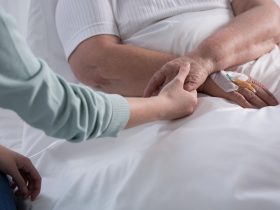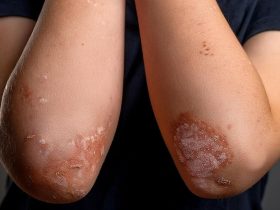Prevalence of eating disorders more than doubled during pandemic in 13- to 18-year-old girls, with similar trend, but lower prevalence, in boys
By Elana Gotkine HealthDay Reporter
THURSDAY, May 25, 2023 (HealthDay News) — Trends in pediatric mental health (MH) diagnoses differed by age and sex over the course of the COVID-19 pandemic, according to a research letter published online May 22 in JAMA Network Open.
Loreen Straub, M.D., from Brigham and Women’s Hospital and Harvard Medical School in Boston, and colleagues examined trends in pediatric MH diagnoses (anxiety disorders, attention-deficit/hyperactivity disorder [ADHD], depression, and eating disorders) during the pandemic, stratified by age and sex. Data, from a geographically diverse commercial health care claims database, were analyzed for the prepandemic period (January 2018 to March 2020), the early pandemic period (April 2020 to September 2020), and the recent pandemic period (October 2020 to March 2022). For each calendar month, about 1.7 million youths aged 6 to 18 years contributed data.
The researchers observed an immediate increase in the prevalence of all four diagnosed MH conditions in the recent pandemic period among 13- to 18-year-old girls. In this group, the prevalence of MH diagnoses increased at a faster rate during the pandemic than before the pandemic, except for depression, and the prevalence of eating disorders more than doubled during the pandemic, from 0.26 to 0.56 percent in March 2020 to March 2022. Trends were similar to 13- to 18-year-old male adolescents, although the prevalence was considerably lower than among girls (0.03 and 0.06 percent, respectively). Among 6- to 12-year-old children, the prevalence of eating disorders showed similar trends compared with adolescents, with upward trends noted in the recent pandemic period (0.03 to 0.05 percent for girls and 0.01 to 0.03 percent for boys).
“These findings highlight the urgency to identify the underlying factors associated with the increase in MH diagnoses in female adolescents (e.g., social isolation or accelerated reliance on social media),” the authors write.
One author disclosed receiving grants from Takeda and UCB.
Copyright © 2023 HealthDay. All rights reserved.







